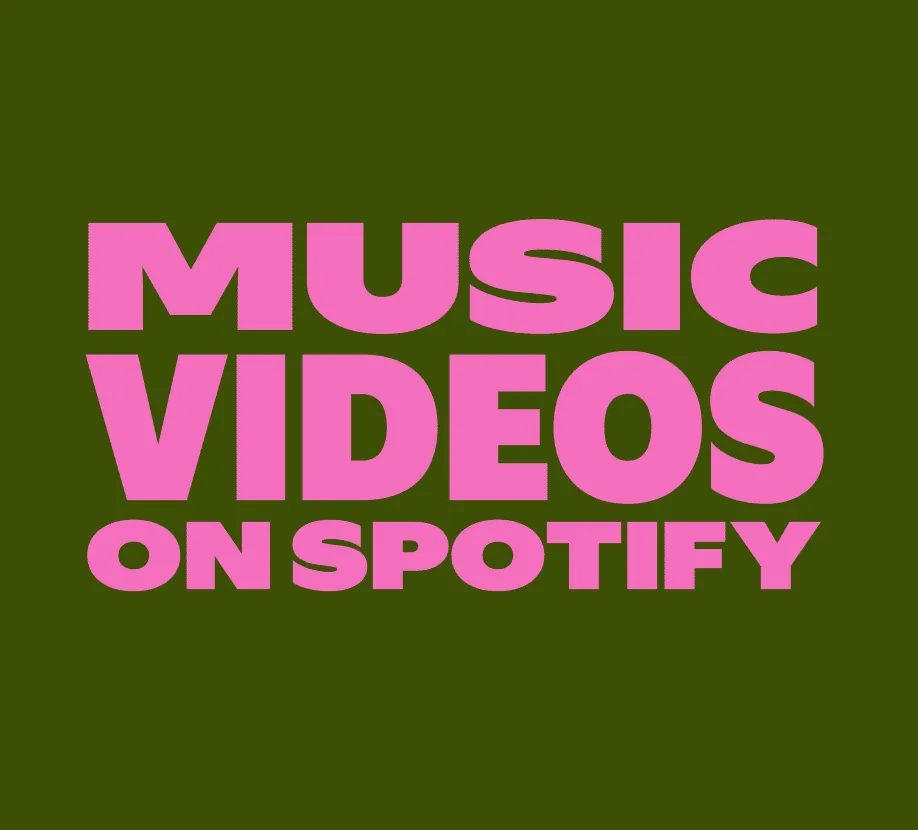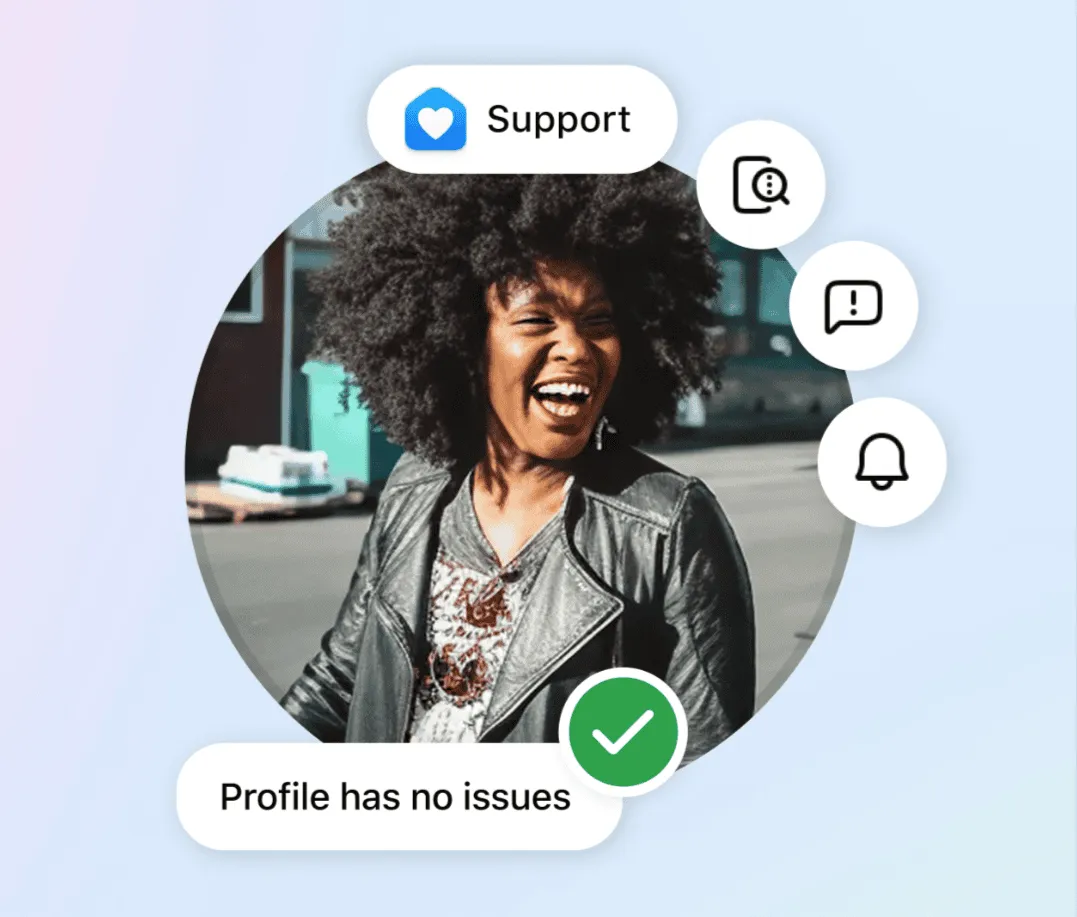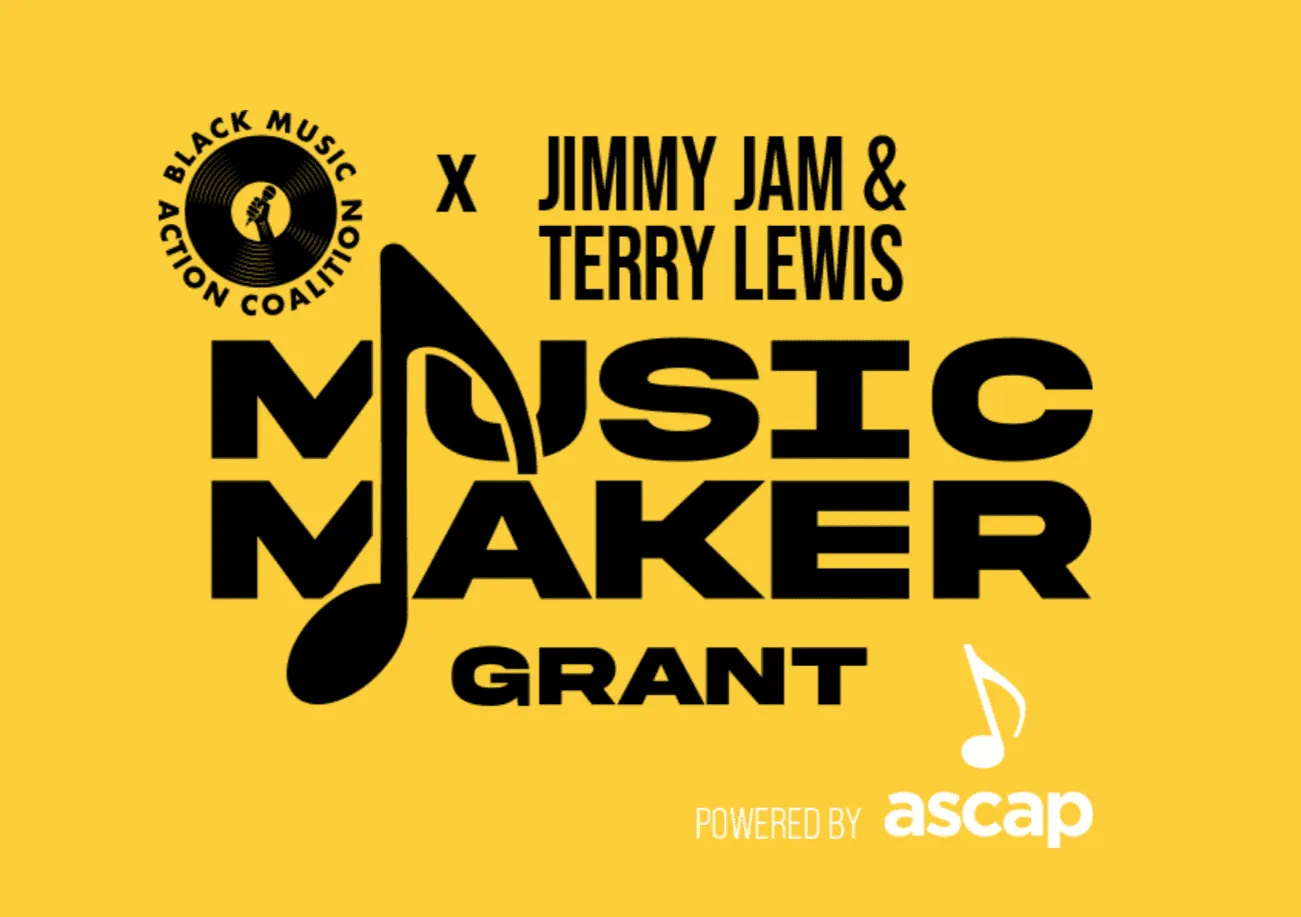(UPDATED) By Neil Cartwright, Business Development Manager, Audiosocket.
Let's kick off with just a few facts about the Games industry:
In 2012 the estimated turnover of the games industry will be $56bn, twice as much as the music industry.
Call Of Duty: Modern Warfare 3 grossed over $400m on it's first day of release and over $1bn in 16 days, making it the biggest Entertainment release ever. On an 'average' night, over 1m players will be logged in to Battlefield Earth Runescape has over 200m active players. These players use credits and currency to buy, trade and upgrade their abilities.
These were just some of the facts I learned at the Develop Conference held annually in Brighton for the Games Development industry. There is no doubt that Games, with their immersive environments and evolving game play are becoming the primary way millions of people spend their leisure time and money. As consoles get ever more powerful and connected, they're becoming the central media device in people's living rooms, able to play not only games but download music, watch video and browse the Internet. For instance, in the UK Playstation3 and Xbox both offer music video downloads through Vidzone and film rental via Lovefilm. Furthermore, with the $380m purchase of Gaikai, Sony could soon be streaming games directly into a TV browser, making a separate console redundant.
Games, too, are evolving in both their complexity and production. It's not uncommon for development studios to employ hundreds of people in roles more commonly associated with TV and film, such as Creative Director, Screenwriters, Directors and Music Supervisors.
For people who still think of games as being "for kids", try experiencing games like Journey or Limbo. These could change your opinion of what games can achieve - being more like immersive, non-linear movies that are compelling, conceptual and at times shocking. The plot of Limbo, for instance, is loosely described as, "You are a nameless boy who awakens in the middle of a forest on the 'edge of hell' and has to find his missing sister". The game's title is taken from the Latin limbus, meaning "edge". Think "The Twin Peaks" of games and you realise things have moved a long way from Space Invaders.
However, I attended the conference with Audiosocket specifically to understand how music is used within games and identify opportunities for artists. In a similar way to films, game soundtracks are now available on iTunes and even Spotify. For instance, you can listen to the Halo Soundtrack here.
The simplest use is for original tracks that are licensed for use in games or for trailers. A great example is Tinnie Tempah being used to advertise "Assassin’s Creed". On the surface, a strange choice of song given the game is set in Colonial America. However, this is part of a trend in game trailers to create a juxtaposition between the visual and the music. Witness also the use of the soft, ballad "My Life" by JJ that was used to stunning effect in advertising the violent, action packed Battlefield 3.
Martin Hewitt is Senior Music Supervision at Sony Computer Entertainment Europe and is responsible for licensing games for the 14 game development studios managed by Sony. He explained that licensing is not without it's problems. For instance, because games are released globally, and there is no blanket licensing for them, every track has to be cleared by every rights holder in every country. Furthermore, the license must also cover the proliferation of formats and devices available on the market. This can create an extraordinary workload for game developers to get the music they want, and who often settle for a track that is easier, and cheaper, to license. Many artists also seem to look down on games and will not license their tracks to them in the way they would for a film or TV advert.
It is likely for this reason, and the fact so many games are now produced in a similar way to films, that original compositions are the preferred method of scoring a game. Many studios now employ either an in-house composer or out-source to specialist agencies. I asked a panel made up of Game Music Supervisors why, when artists such as Trent Reznor, Elton John, The Who and Phil Collins have successfully written music for films, why no artist had been approached to score one of the major game titles (referred to a Triple A games). Their rather blunt and surprising answer was that due to the complexities and intricate requirements, many 'traditional' artists simply would not have the time or skill to create the music required.
Games are often referred to as 'non-linear', meaning the music has to change to suit the action or the players movements during gameplay. This in turn has implications for the composer who must be able to devise a score that can quickly change from one atmosphere to another. It sounds complicated and reading what Austin Wintory, composer of the music used in "Journey", has to say you can appreciate the challenge. "The music is like a big cello concerto where you are the soloist and all the rest of the instruments represent the world around you" he explained. His ambition was to create music that would dynamically tie in to the action and sound effects of the player and feel as if it were "unfolding in real time". He felt that having short pieces of music that looped without reacting to the player would be a "missed opportunity", and wanted to create music that would be dynamically changing while still containing a composed emotional arc. {Quotes all from Wikipedia}. The score subsequently took three years to create, which gives other aspiring game composers a sense of what is required to create music for such a complex game.
In another revealing insight Martin described how Sony developed a game in which the music was streamed into the action. This means potentially the soundtrack can change on a regular basis or be personalised for the player. However they ran in to licensing problems when the publishers insisted on payment based on a per stream basis. Baring in mind I was told by the Swedish developer of "Battlefield" that it's not uncommon for a MILLION people to be logged in to their servers playing the game, you can see why there is still a long way to go before music streaming is common in games.
The opportunities for artists are manifold. Licensing their music to games developers can be done in much the same way as to TV and film. Working with a licensing company such as Audiosocket, they can offer their music for trailers, intro music, cut scenes or jukeboxes. More ambitious is to become a composer or side designer working for game developers. There are numerous forums or mailing lists to provide networking and guidance – check out Game Audio Network Guild for more information.




